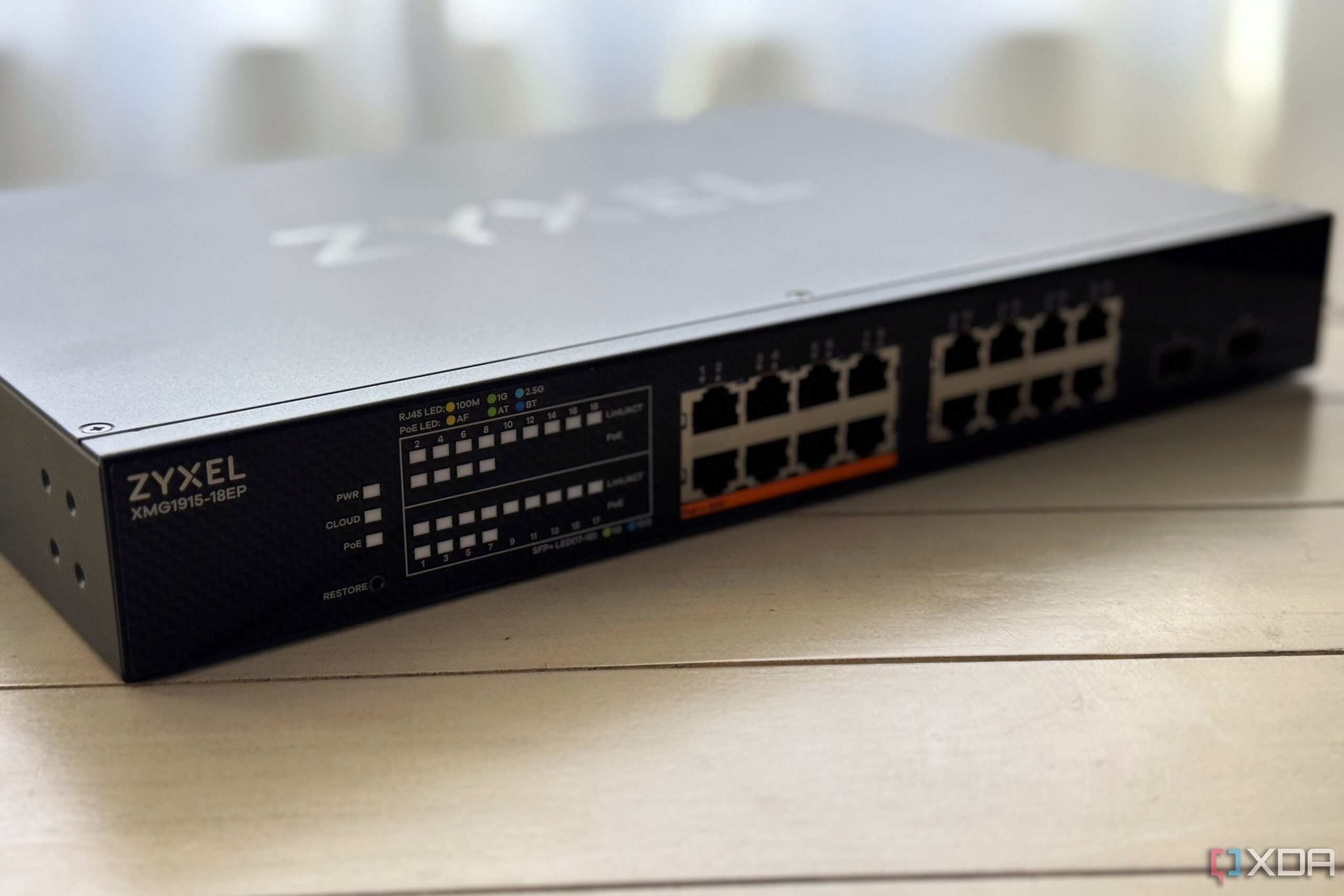Top Stories
Urgent Alert: Avoid Dangerous Copper-Clad Aluminum Cabling Now

URGENT UPDATE: Homeowners are being warned to avoid using copper-clad aluminum (CCA) cabling in Power-over-Ethernet (PoE) installations due to severe safety risks. As the demand for smart home technology surges, experts emphasize the critical need for pure copper cabling to prevent overheating, fires, and potential legal liabilities.
In a recent advisory, professionals highlighted that CCA cables, often marketed misleadingly as “Category” cables, do not meet modern safety standards. These cables pose a serious threat, especially as PoE technology now supports devices that can draw up to 95 watts—far exceeding previous limits of 15.4W and 30W. With advanced equipment like high-performance Wi-Fi 7 access points and PTZ cameras pulling over 60 watts each, the risk of overheating with CCA cables is alarmingly high.
Experts warn that CCA cables have 55% more electrical resistance than pure copper, increasing the likelihood of dangerous conditions. “Every time power runs through a wire, there is a potential for heat,” stated a leading electrical safety authority. “Using CCA cables is a gamble you cannot afford to take.”
The ramifications of using flawed cabling extend beyond safety; improper wiring can lead to data loss and connectivity issues. Any imbalance in heating can distort signals, resulting in bit errors or device failures. As installation costs rise, it may be tempting for homeowners to cut corners, but experts insist on prioritizing quality.
Potential buyers should be cautious: CCA cables can look identical to their pure copper counterparts but often lack essential safety features. If you find a bargain-priced spool of Cat6a cable, it’s highly likely that it’s counterfeit or made with substandard materials. “The low price is a red flag,” cautioned an industry insider. “Don’t compromise on safety for savings.”
The IEEE has tightened requirements for cabling to accommodate increased power demands, necessitating four-pair installations for adequate performance. However, this also exacerbates the risks associated with CCA, which lacks the flame-retardant properties of compliant cables. Many buildings prohibit their use entirely due to these safety concerns.
As the trend toward smart home integration continues to rise, the call for compliance with standards set by the National Electrical Code and TIA is more pressing than ever. Installation professionals stress that while pulling wires can be costly, using subpar materials will lead to far more significant expenses down the line.
In light of these developments, homeowners are urged to conduct thorough research before purchasing network cables. The safety and reliability of your home network depend on it. It’s not just about performance; it’s about ensuring safety for you and your family.
Stay informed and share this urgent message with others to help prevent potential hazards. Your home deserves the best—choose pure copper cabling for all your Power-over-Ethernet needs.
-

 Business1 week ago
Business1 week agoIconic Sand Dollar Social Club Listed for $3 Million in Folly Beach
-

 Politics1 week ago
Politics1 week agoAfghan Refugee Detained by ICE After Asylum Hearing in New York
-

 Health1 week ago
Health1 week agoPeptilogics Secures $78 Million to Combat Prosthetic Joint Infections
-

 Science1 week ago
Science1 week agoResearchers Achieve Fastest Genome Sequencing in Under Four Hours
-

 Lifestyle1 week ago
Lifestyle1 week agoJump for Good: San Clemente Pier Fundraiser Allows Legal Leaps
-

 Health1 week ago
Health1 week agoResearcher Uncovers Zika Virus Pathway to Placenta Using Nanotubes
-

 World1 week ago
World1 week agoUS Passport Ranks Drop Out of Top 10 for First Time Ever
-

 Business1 week ago
Business1 week agoSan Jose High-Rise Faces Foreclosure Over $182.5 Million Loan
-

 Entertainment1 week ago
Entertainment1 week agoJennifer Lopez Addresses A-Rod Split in Candid Interview
-

 World1 week ago
World1 week agoRegional Pilots’ Salaries Surge to Six Figures in 2025
-

 Science1 week ago
Science1 week agoMars Observed: Detailed Imaging Reveals Dust Avalanche Dynamics
-

 Top Stories1 week ago
Top Stories1 week agoChicago Symphony Orchestra Dazzles with Berlioz Under Mäkelä









